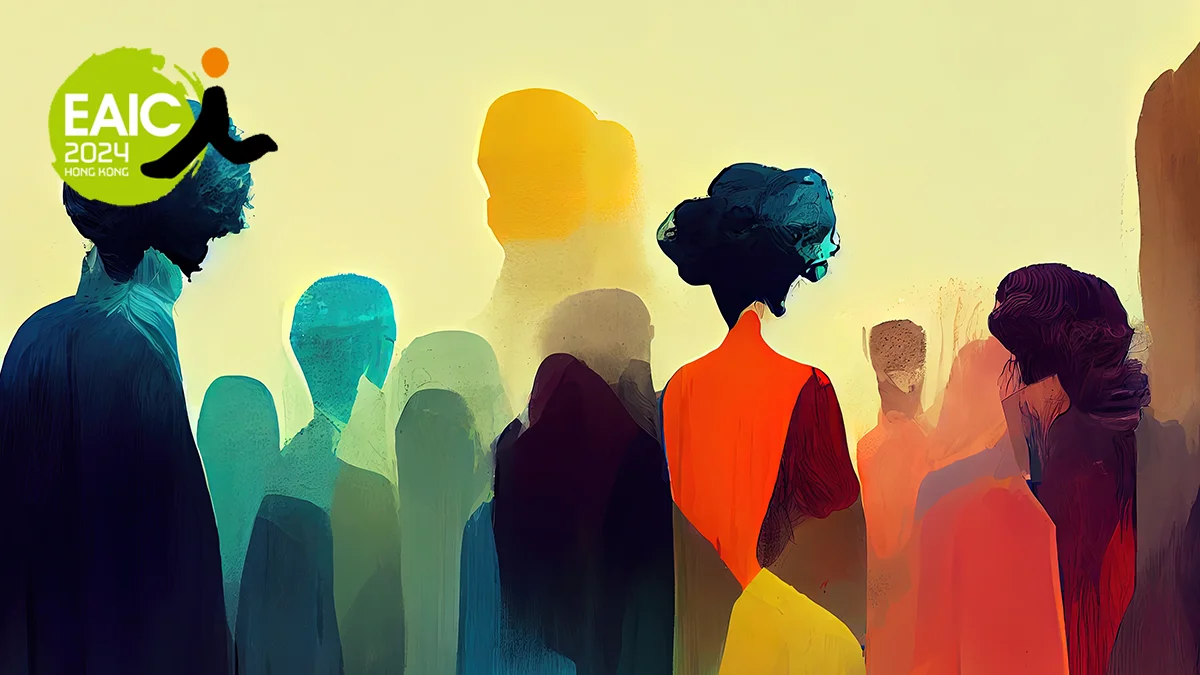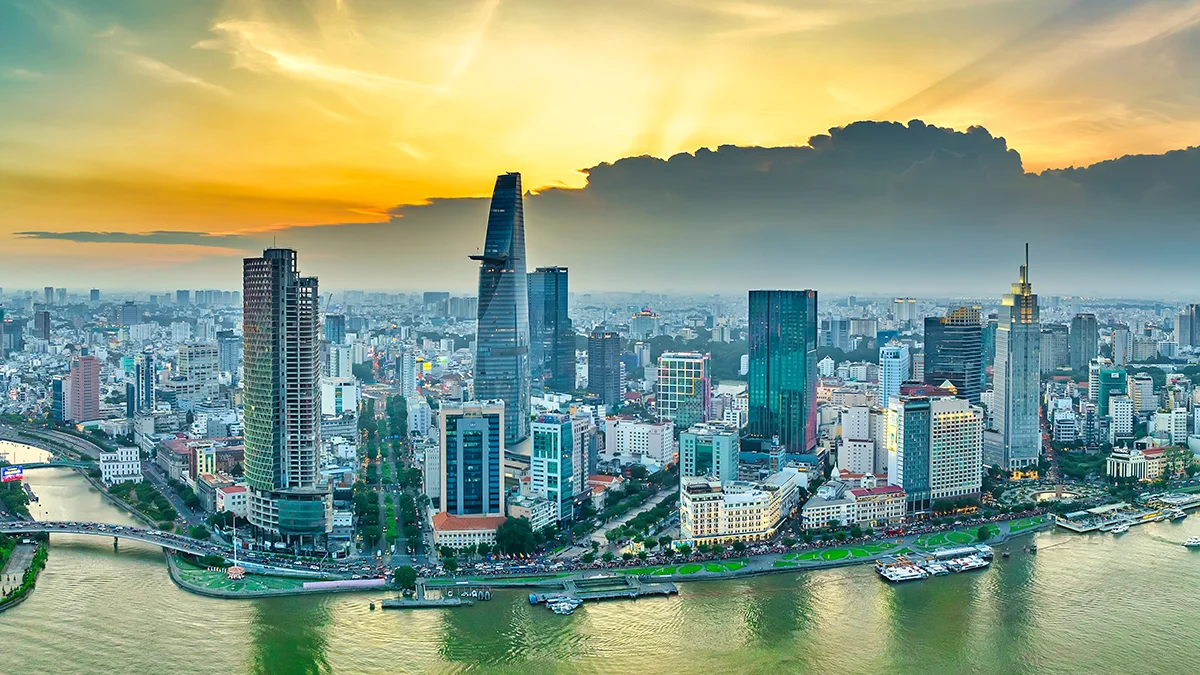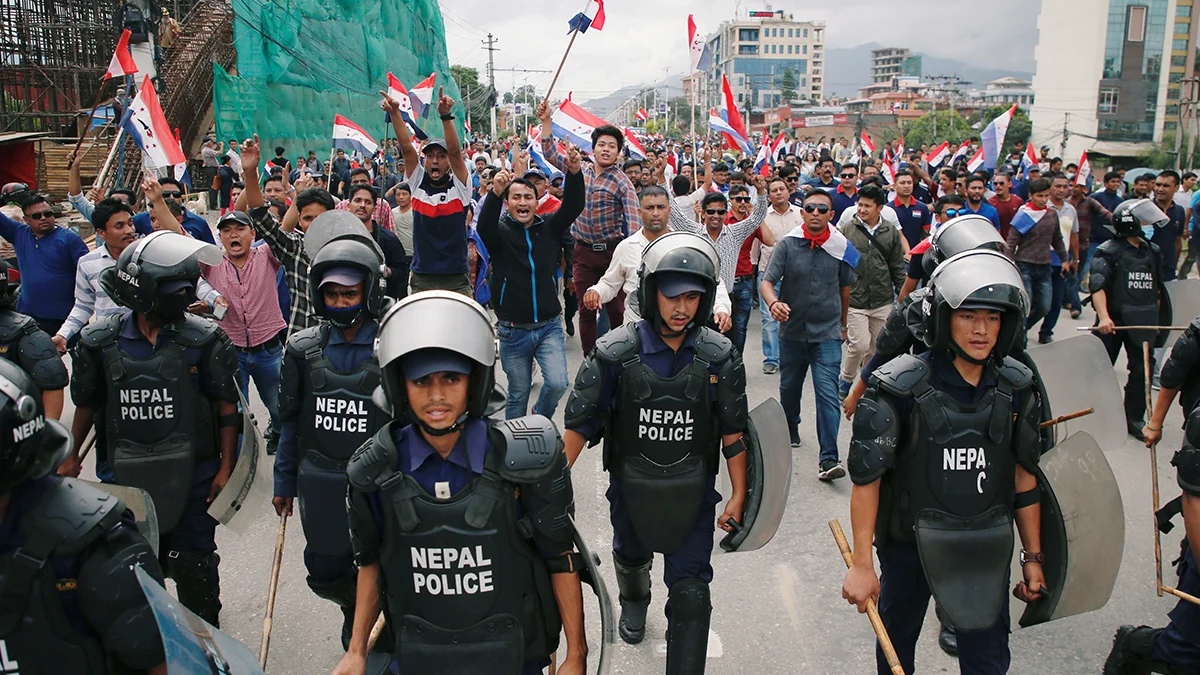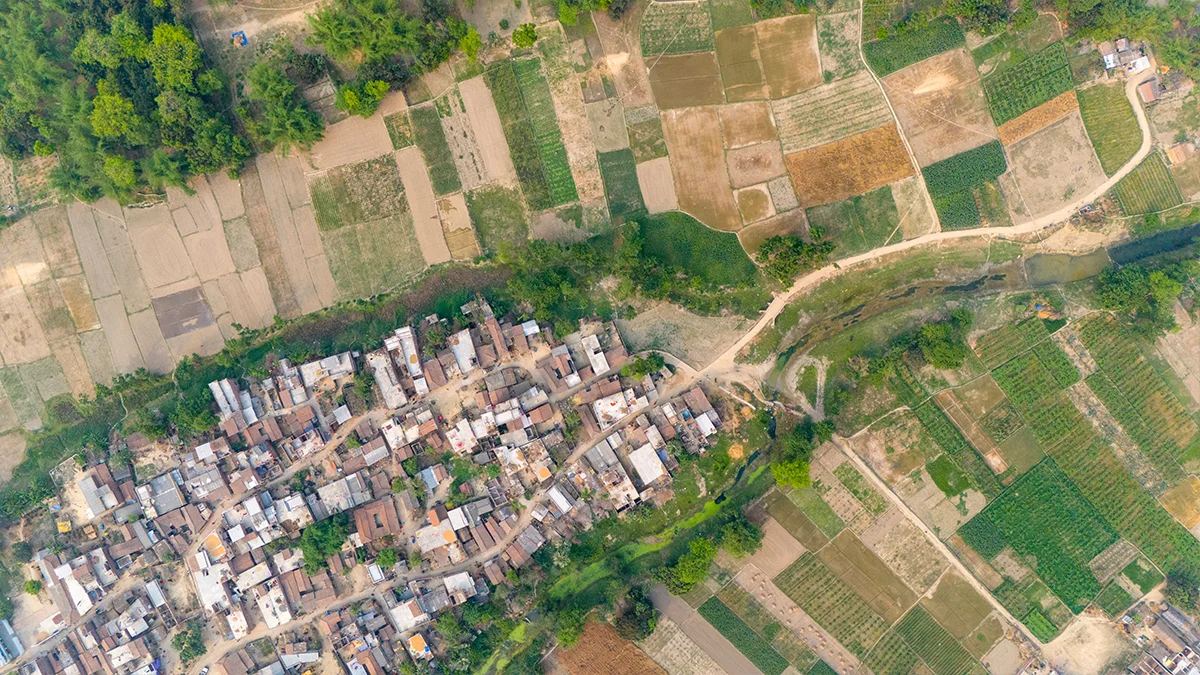(Re)in Summary
• When the insurance industry harnesses an array of skills and lived experiences, it can better serve varied policyholders in a rapidly changing world and drive continuous innovation.
• As demographics shift across Asia and societal values evolve, insurers who best reflect diversity may gain competitive advantages in both the near and long term.
Moderated by Manulife (International) CEO Patrick Graham, a panel on diversity, equity and inclusion (DEI) at the East Asian Insurance Congress (EAIC) 2024 on September 26 discussed how embracing diverse perspectives can help insurers adapt to changing customer needs.
Insurers across East Asia face shifting demographics as populations age and become more mobile. In Hong Kong, for example, more mainland Chinese people are relocating to work and live in the city.
“We do have a lot of staff who themselves are new Hongkongers,” said Alice Liang, Chief Proposition Officer of AIA Hong Kong & Macau. “We go and develop value-added services to look after beyond them living in Hong Kong, but also their elderly parents living in China. A diverse background of staff can resonate well with our target customers.”
Alice Liang
Chief Proposition Officer at AIA Hong Kong & MacauLiang said AIA hired individuals from varied backgrounds like government, arts, and marketing to augment existing skills on management teams; this diversity of thought has led to increased innovation and idea-sharing within the company. “Having the right process in place, having the right people and the open culture in the organization is critical to enable that innovation,” she added.
Hermina Jacinto, Chairman of the IIAP, reflected on overcoming biases that had historically limited diversity in the sector. “The women were placed in the HR admin and accounting jobs and the men took the marketing, the sales and the writing. But that has changed over time,” she said. “Talent, experience and education” can now help professionals rise through the ranks.
Fiona Harris
Hong Kong Managing Director at BupaOther speakers provided examples of how DEI created competitive advantages.
Bupa Hong Kong Managing Director Fiona Harris said her diverse, inclusive teams outperformed expectations by developing new services like cancer support in just 3 months, much faster than the typical product timeline. “I’ve always felt that when you bring a diverse and inclusive team together, you get something better than the sum of the parts,” she noted.
Candric Cheng, Assistant General Manager of Fidelidade Macau – Insurance Co., spoke about evolving societal norms that make DEI critical parts of governance today. He also emphasised the commercial benefits of inclusion, such as women agents more easily relating to female customers.
While big strides have been made, there are still challenges in fully realizing DEI’s potential. Jacinto said attracting non-industry candidates requires new educational approaches. “We offer courses in technical subjects, management courses and a lot more. We’re hoping to be able to catch up with technology upskill [for] our lecturers,” she said.
Harris stressed the importance of understanding each individual’s unique healthcare needs and stories over stereotyping. “If you are concerned about cancer or you’ve been diagnosed with cancer, we give you support to navigate what is an incredibly complex healthcare market in what can be a very anxious time,” she said.
“What’s your picture of health? What’s your healthcare story? I think that enables us to provide solutions to those buyers,” said Harris. “Decisions and results are better when they’re made with a diverse and inclusive team. [It’s] not just diversity in demographic identity, [but] also in terms of background and experience.”
























